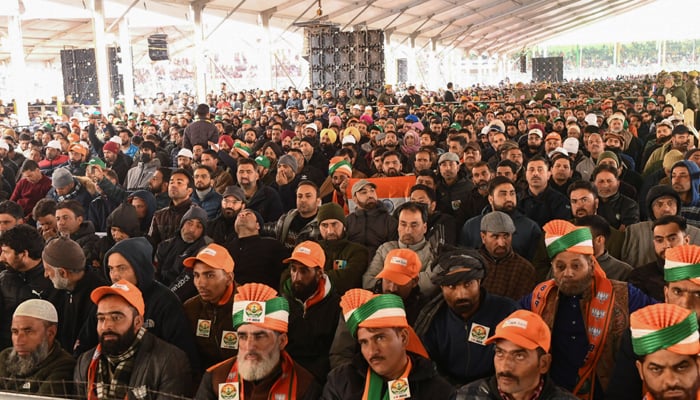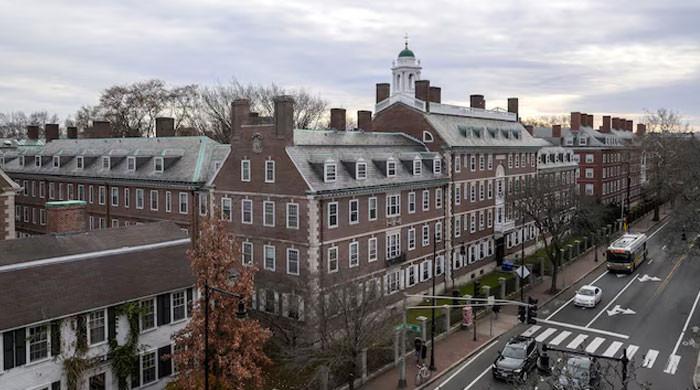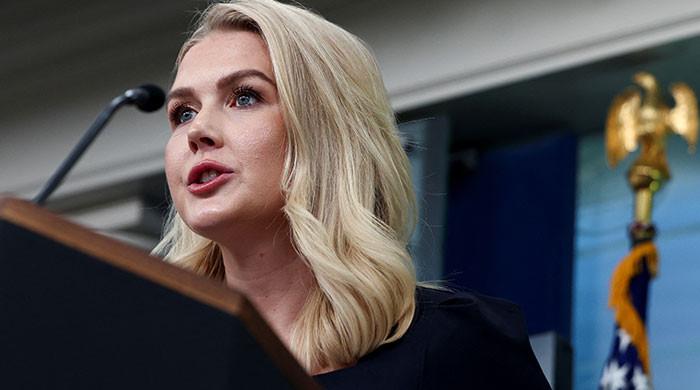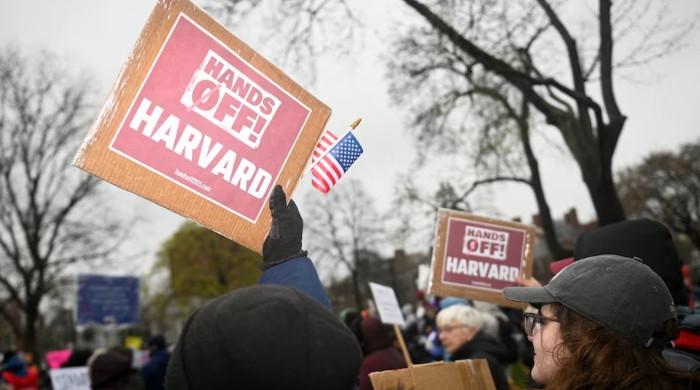India to hold world's biggest election on April 19
Nearly 970 million people registered to vote at over one million polling stations in mammoth electoral exercise
March 16, 2024

- Nearly one billion people are eligible to cast ballots.
- Modi in campaign mode for months before dates announced.
- Modi will be challenged by alliance of some two dozen opposition.
India will begin voting in phases starting April 19 to elect a new parliament, the country's election authority said on Saturday, the world's largest election in which nearly one billion people are eligible to cast ballots.
The election pits two-term strongman Prime Minister Narendra Modi and his regional allies against a bickering alliance of two dozen opposition parties, with surveys suggesting a comfortable win for Modi's Hindu nationalist Bharatiya Janata party (BJP).
A victory would make Modi, 73, only the second prime minister after Jawaharlal Nehru, India's independence hero and its first prime minister, to win a third straight term.
Modi and his party have been in campaign mode for months before the dates for the vote were announced. The prime minister has been flying around the country almost every day, inaugurating new projects, making announcements, taking part in religious events, and addressing public and private meetings.
In his speeches, Modi has been showcasing economic growth during his two terms which has resulted in India becoming the fastest-growing major economy in the world at present, investment in infrastructure as well as welfare programmes for the poor.
A main talking point has also been his party's agenda for Hindu reawakening, including the inauguration of a grand temple to Lord Ram on the site of a destroyed mosque.
Modi has set a target of 370 seats for BJP and 400-plus for the National Democratic Alliance (NDA) it heads in the 543-member lower house of parliament, up from the 303 the BJP won and more than the 350 the NDA won in 2019.
The 2019 performance was the best ever for the party which was formed in 1980.
Modi will be challenged by an alliance of some two dozen opposition parties led by the main opposition Congress party called INDIA or the Indian National Developmental Inclusive Alliance.
The alliance formed last year has, however, been struggling to stay united and share seats amicably to be able to put up a one-to-one fight against BJP.
Congress, which has ruled India for 54 of its 76 years since independence from Britain, has sunk to record lows after Modi swept to power and is struggling to revive support.
The party is highlighting unemployment, rural distress, what it says is crony capitalism, the need for more affirmative action for the so-called backward castes and the need to end religious polarisation and hate in its pitch to defeat Modi.
Nearly 970 million people are registered to vote at over one million polling stations in the mammoth electoral exercise with 2,400 political parties likely to contest.











